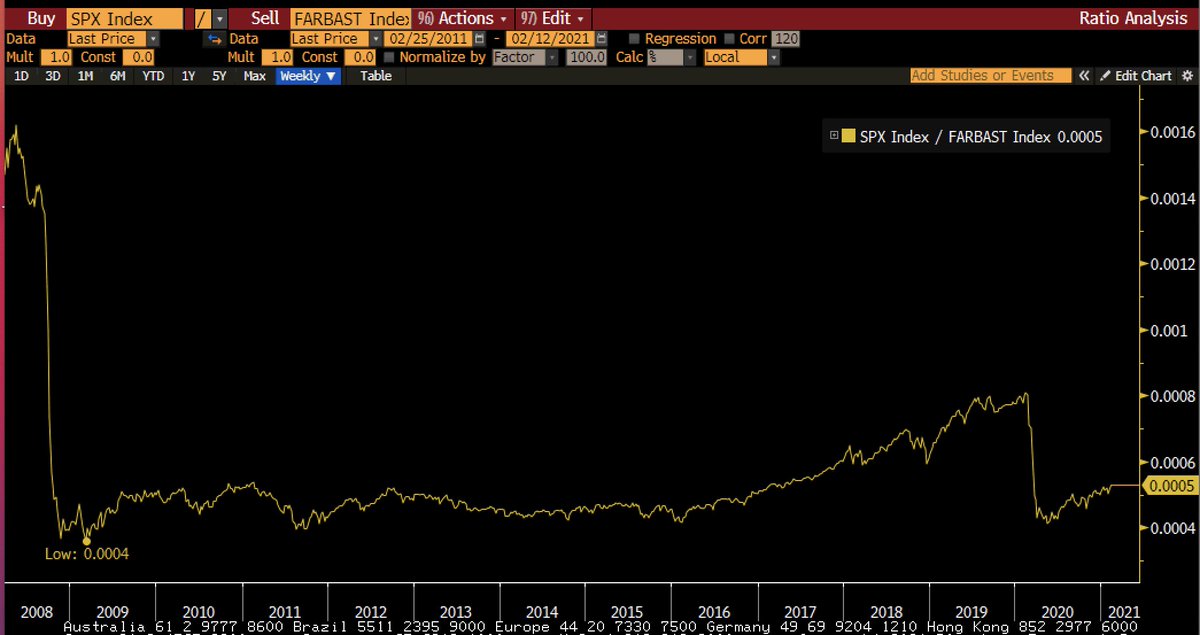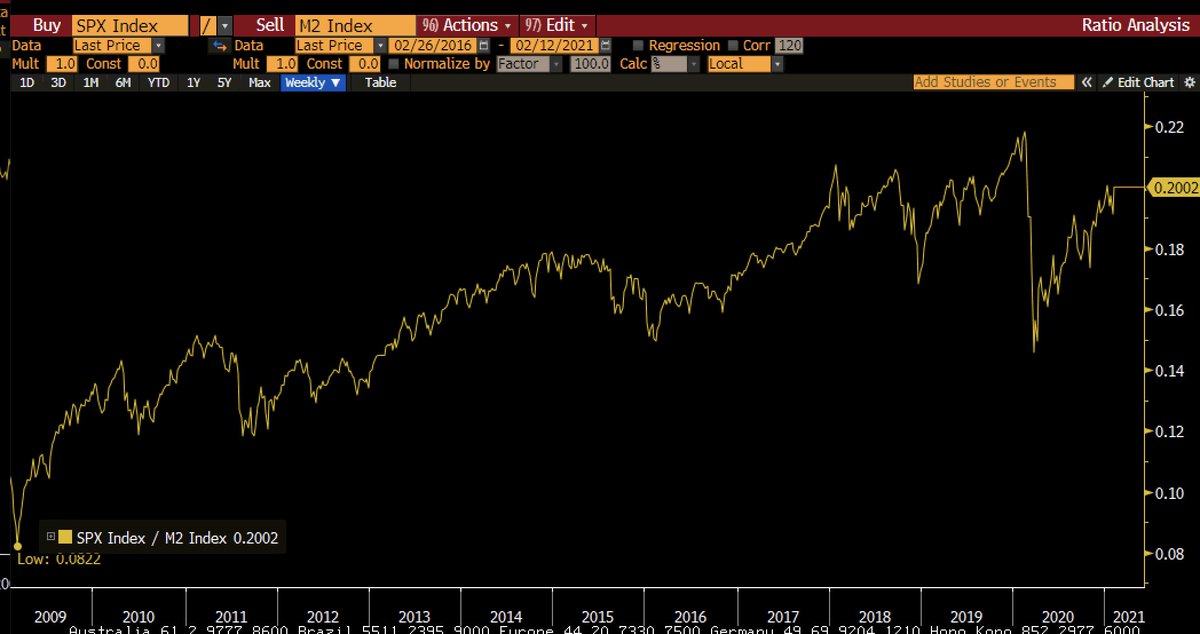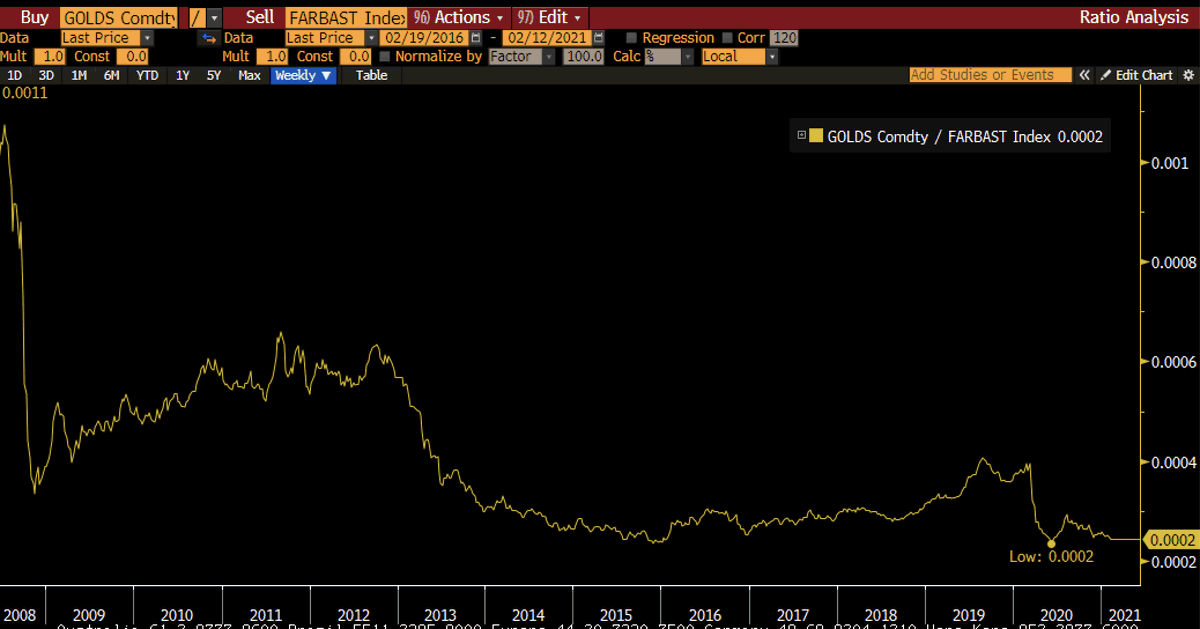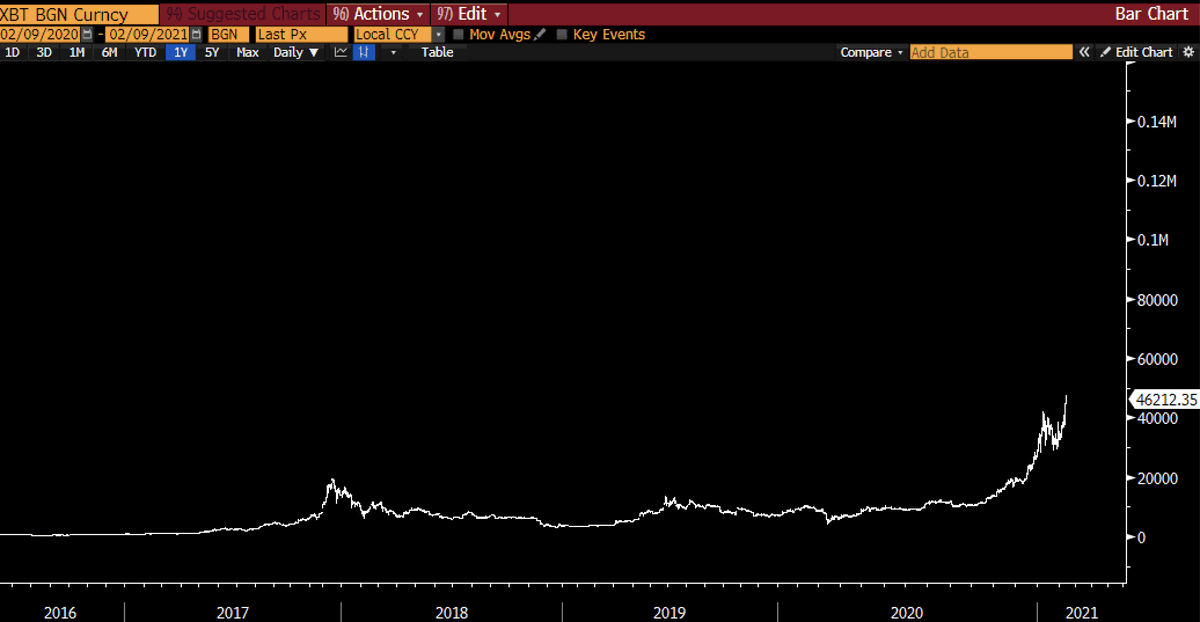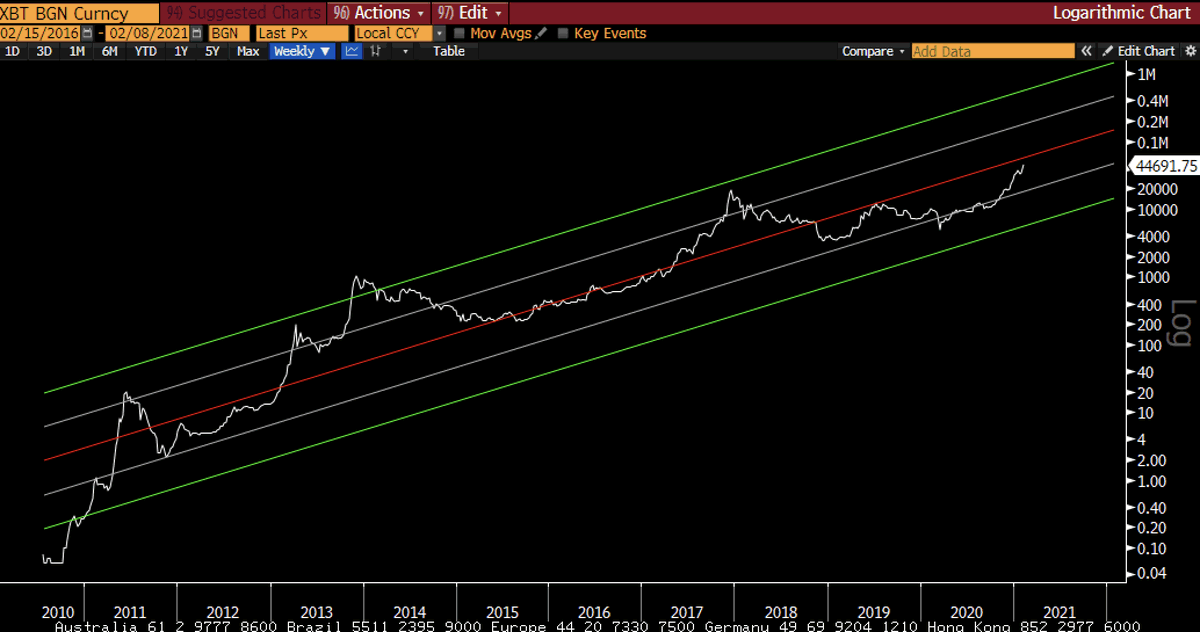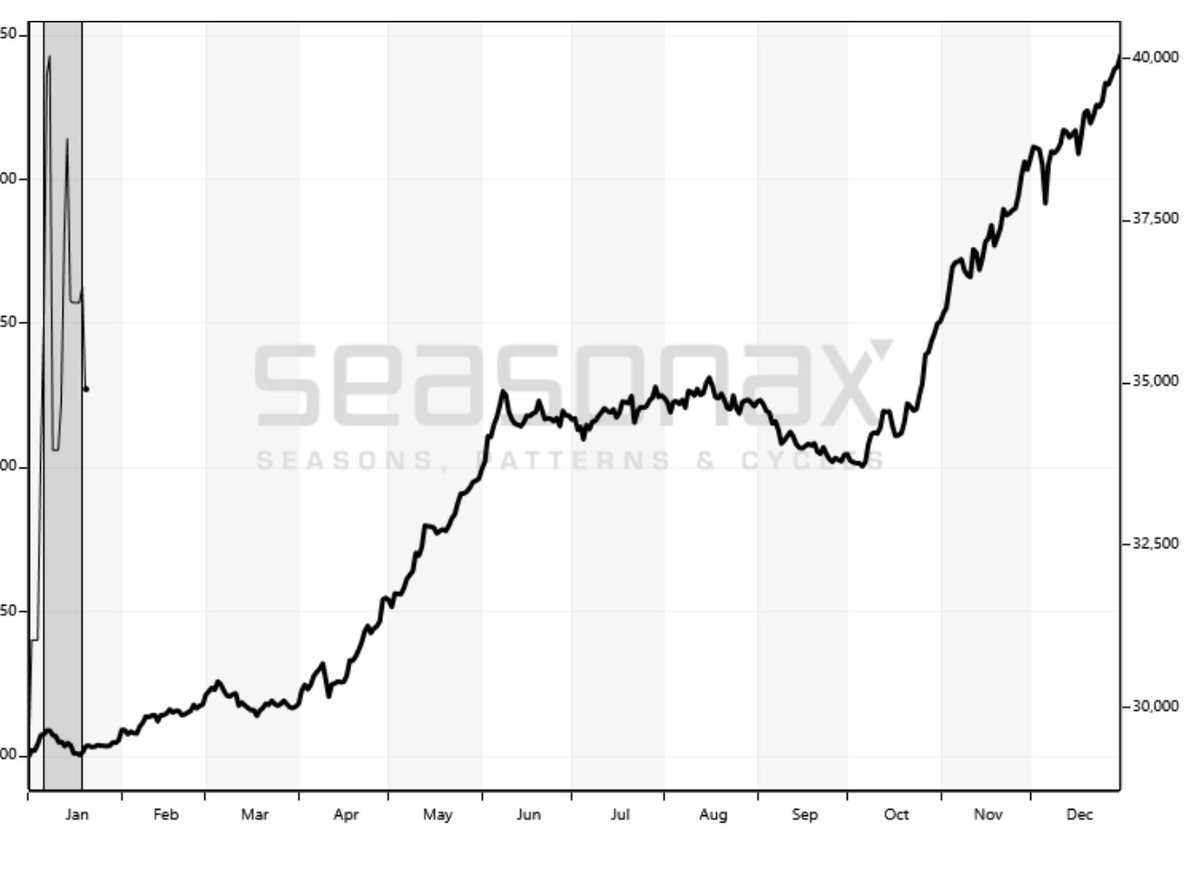
Bitcoin Twitter - a bit of help needed:
It appears that the "Bitcoin is not ESG friendly" is the narrative that I think was started at the ECB to slow institutional adoption, and is now spreading to the media (see today's Guardian for example).
1/
It appears that the "Bitcoin is not ESG friendly" is the narrative that I think was started at the ECB to slow institutional adoption, and is now spreading to the media (see today's Guardian for example).
1/
I have had a few institutional asset allocation committees reach out for clarification as they are concerned with ESG mandates vs their desire to own bitcoin.
I want to set them at ease that this is a false narrative.
2/
I want to set them at ease that this is a false narrative.
2/
I know a few of you have looked at this but is there a definitive article on there true costs or relative costs (outside of the cost is very low to secure the blockchain, which doesn't really help the institutions)?
3/
3/
I'm sure someone has done some great deeper analysis.
Can you point me in the right direction to something that uses factual data references and analysis etc?
Something that will work for these institutions as Ive got an inbox full...
Thanks!
Can you point me in the right direction to something that uses factual data references and analysis etc?
Something that will work for these institutions as Ive got an inbox full...
Thanks!
• • •
Missing some Tweet in this thread? You can try to
force a refresh


